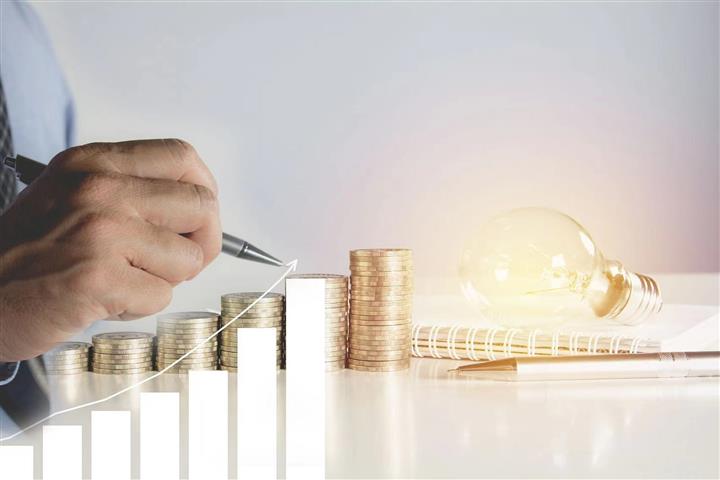 China’s Economy Logs Better-Than-Expected Growth in August
China’s Economy Logs Better-Than-Expected Growth in August(Yicai Global) Sept. 16 -- China’s key economic indicators beat expectations in August, posting accelerated growth, despite the challenges of ongoing Covid-19 outbreaks, high temperatures and drought not to mention power shortages as a raft of stabilizing policies take effect.
Key data for August all climbed. The total retail sales of consumer goods for August gained 5.4 percent from the same period last year to CNY3.6 trillion (USD516.2 billion), according to figures released by the National Bureau of Statistics today. This was an improvement of 2.7 percentage points from July and far above the 3.83 percent predicted by an Yicai Global poll of chief economists.
The added value of industries above a designated size advanced 4.2 percent year on year, 0.4 percentage point higher than July’s growth and more than the 4.02 percent forecast by the chief economists.
And fixed-asset investment growth from January to August reached 5.8 percent, an uptick of 0.1 percentage point from that during the year’s first seven months, and again outdoing the 5.46 percent anticipated by the Yicai Global poll.
China’s economy continued its recovery in August amid the impact of multiple adverse factors, which is proof of the country’s notable features of strong resilience, great potential and vast room for manoeuver, NBS spokesperson Fu Linghui said today.
China’s economy will hopefully maintain good momentum for growth and stay within a reasonable range despite the many difficulties and challenges it faces and in spite of an external environment that remains complex and grim, Fu said.
With the low base line and the execution of policies that stabilize economic growth, the probability of a surge in industrial output during the third and fourth quarters is high, said Wu Chaoming, vice president of Chasing Institute. However, a sluggish real estate sector, weak demand for consumption and flagging exports mean that the rebound in industrial output should not be overestimated.
Boosting Consumption, Investment
Consumption plays a significant role in many aspects such as stabilizing economic growth and boosting employment, Pang Ming, chief economist at US real estate services provider Jones Lang LaSalle’s China business, told Yicai Global. As demand for commodities and services is unleashed, recovery will accelerate.
“However, attention should be paid to the fact that some policies that support spending on automobiles, household appliances and other devices are having less and less effect and those that target general consumption are gradually getting weaker,” Pang said. “The rebound in consumption needs further precise policy support as well as the recovery of real estate chains through the healthy growth of the property sector.”
The macro-economic data and credit-related statistics last month confirmed that policies are having a positive influence, Pang said, adding that overall investment and particularly infrastructure-related investment is expected to maintain relatively fast growth in the future.
Weak demand still remains a prominent contradiction in economic operations, Fu said. The key role of effective investment should be given full play in economic recovery to boost domestic demand. Infrastructure is also important to the country’s development and people’s livelihood, and there is great potential for growth.
The country’s cabinet has recently added a quota of CNY300 billion (USD42.7 billion) for policy- and development-related financial instruments as well as other measures, which will benefit the expansion of fixed-asset investment, especially in infrastructure, to spur the quick recovery of the country’s economy.
Editor: Kim Taylor